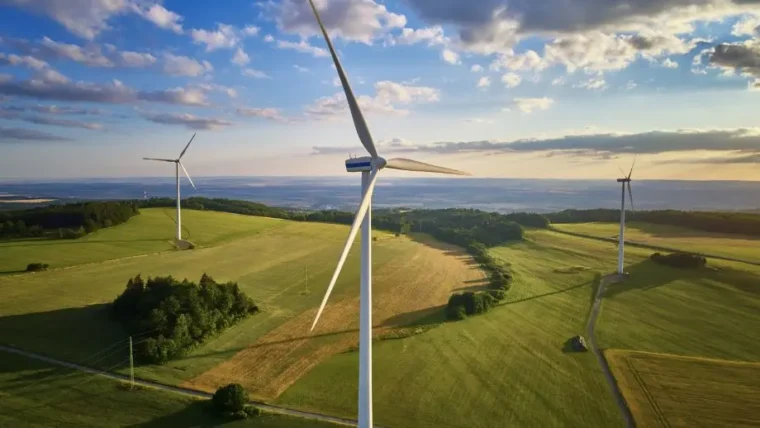What should your fire prevention plan for your waste site include?
1 September 2016
Following a number of fires at waste sites in the news, this blog will look at what you should do to prevent the risk.
How can a fire break out?
If you manage a waste site, there is a possibility of fire. The first thing to consider is how a fire can start. One of the most common causes of fire is a spontaneous chemical combustion of waste. This can happen when hot particles produced by vehicles combine and catch fire, causing the waste to ignite. This reaction is further catalysed by methane released from waste decay. Other causes of fire could include arson, electrical faults, discarded smoking materials, hot works, hot exhausts, leaks and spillages of oils and fuels and build-up of loose combustible waste, dust and fluff. These are only a couple of examples of ignition sources and it is important for you to assess the particular risks at your own site.
What can I do to prevent fire?
Once you have identified all of your sources of ignition, you can put measures in place to reduce the risk. You could look at your security measures to prevent unauthorised personnel from causing issues that may cause a fire. You should look at the procedures you have in place to make sure that all machinery is properly shut down to prevent fires during out of hours. This will include things such as minimum clearances between waste and machinery.
You should also make sure that you store combustible materials appropriately and ideally for less than 6 months as this could increase the likelihood of a fire. You should consider measures you can put in place to prevent self-combustion of waste piles, for example, monitoring waste temperatures. Other controls you can consider include maintenance of plant and equipment, correct storage of fuels and oils and waste acceptance procedures.
What plans do I need to have in place in case fire happens?
You should think about contingencies to prevent fire from spreading. This could be achieved by separation distances or constructing fire walls and bays. You will also need to think about measures to suppress fires and it should be proportionate to the nature and scale of your activities. It may include sprinklers, fire blankets or water spray systems. You must also make sure you have enough water available for fire fighting if needed. This may be in storage tanks or lagoons on site, via access to hydrants or mains water supply. You will also need to consider firewater risk. For more information, you can read our previous blog here.
How can I make sure my fire prevention plan is successful?
Your fire prevention plan should be part of your overall management system. This means that it is integrated with other procedures and is how you do business. In addition, you must make sure that your staff are adequately trained to make sure that their actions do not accidentally cause a fire and what to do in the event of a fire occurring. Quick action can help to minimise damage and protect the environment. All members of staff should be aware of the plan and know how to easily access it at all times.
Overall, if you operate a waste site, it is very important to prepare a comprehensive fire plan. If you are a permitted site, this will be essential. Your plan should consider all possible fire risks and how you prevent fires from breaking out. In addition, your plan should include fire fighting measures and consideration of firewater.









